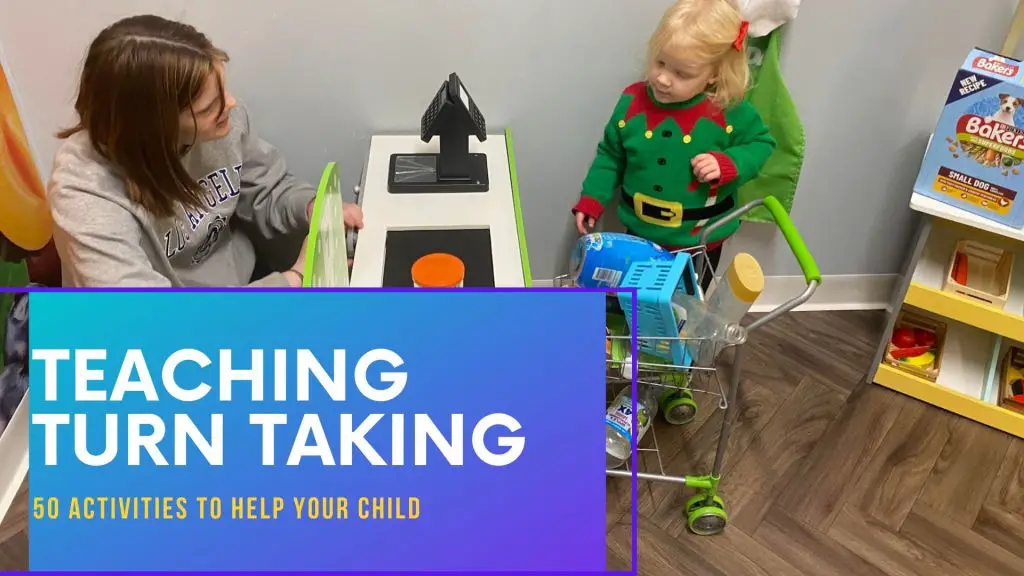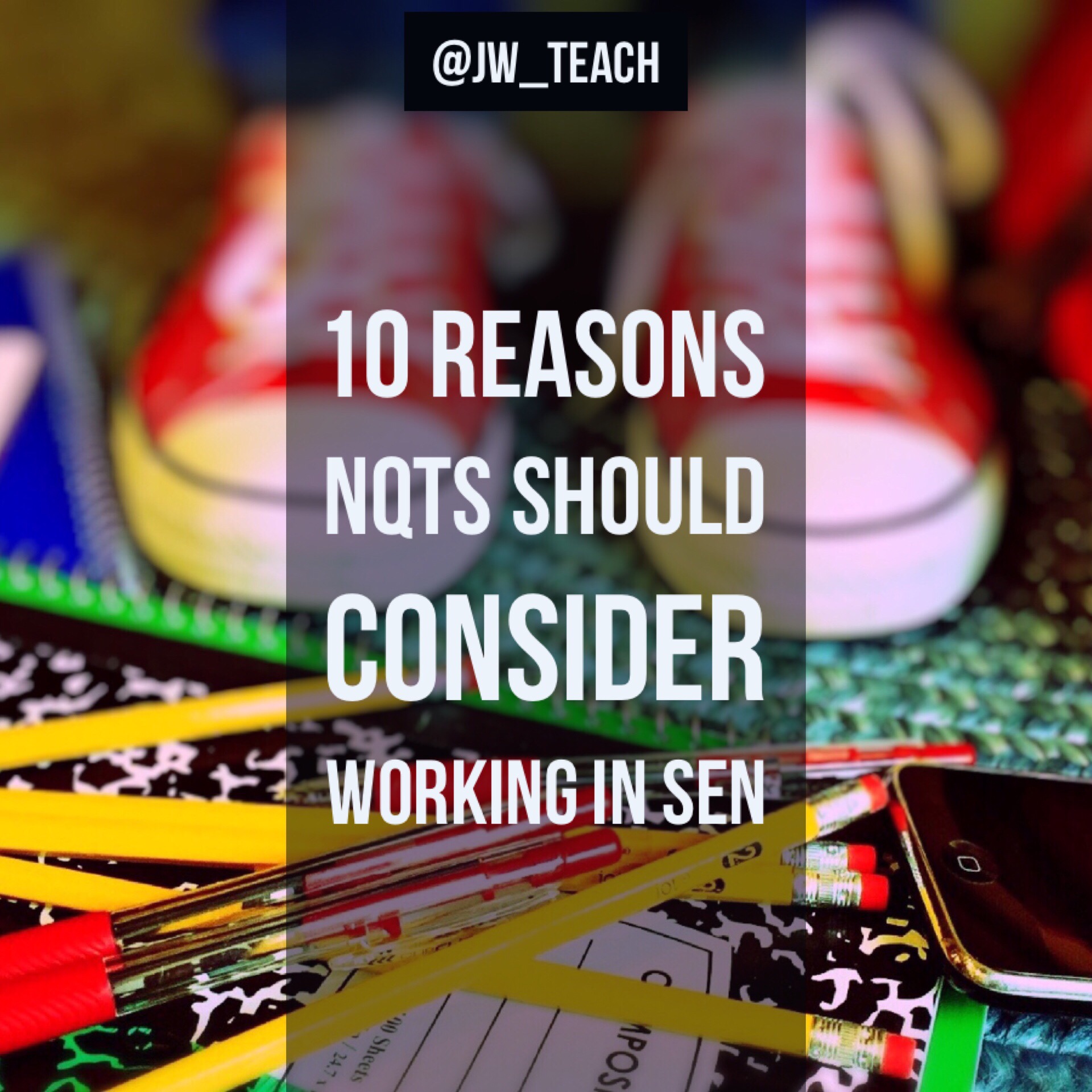Teaching Turn Taking to Your Child
Turn-Taking and sharing Activities for Toddlers
Turn taking is a pivotal social skill that children must acquire early in life. It’s an essential component of social interaction, allowing them to effectively, and positively, engage with others. Turn taking is a behaviour for learning that helps in activities where the child needs to share attention, participate in reciprocal conversations, and start to develop play skills.

My daughter when she was about two years old loved playing with wooden blocks. Like any toddler she was initially reluctant to share her toys and would often become upset if I tried to join in. By patiently waiting my turn, and then handing the toy back to her when it was her turn, I began to shape the behaviours that would allow us to play together. Over time, she started to understand the concept of ‘my turn, your turn,’ and she began to share willingly. I didn’t take over, direct the play or anything but we have 5 children so sharing and turn taking is quite important in our house.
Sharing and Turn Taking Activities: Practice Through Play
Play is a wonderful medium through which children can safely and enjoyably practice turn taking. It’s not just about the act of taking turns, but also about the development of communication, problem-solving, and broader social skills. Here are some strategies to support children in developing turn taking skills through play:
- Embody Turn Taking: Children absorb behaviours from those around them (usually the ones you don’t want them to) and attitudes from their surroundings, especially from their parents and siblings. It’s crucial to exemplify turn taking in your interactions with your child and each other. For instance, when playing a game with your child, make a point of taking turns.
- Leverage Games and Toys: Games and toys that prompt turn taking offer structured opportunities to learn this skill. Board games, card games and limited resources like kites are perfect for this purpose. Encourage your child to wait patiently for their turn. We have a timer on hand to support this if needed.
- Encourage Cooperative Games: Cooperative games, where players collaborate towards a shared goal, necessitate waiting and effective communication. Games like building block towers, completing a puzzle, or pass the parcel.
- Incorporate Turn Taking into Daily Activities: Everyday activities like meal times, getting dressed, or playing with toys present excellent opportunities to practice turn taking. Encourage your child to take turns during these activities and acknowledge their efforts with praise and positive reinforcement.
Turn taking is a crucial social skill that is vital for young children to master for effective interaction with others. Play offers a safe, fun environment for children to practice taking turns, sharing, and cooperating, while also developing their problem-solving and communication skills. See below for 50 more turn taking activity ideas.
50 activities to teach turn-taking skills to children:
- Roll a ball back and forth
- Build a block tower together, taking turns adding blocks
- Play simple board games that involve taking turns like Candy Land
- Take turns stirring a bowl when cooking or baking
- Trade off pushing each other on a swing
- Pass an object around a circle, only talking when it’s your turn holding the object
- Play hot potato with passing around a stuffed animal while music plays
- Play ping pong back and forth
- Pop bubbles, taking turns who gets to pop each one
- Take turns picking books to read at bedtime
- Trade off putting pieces into a puzzle
- Play catch back and forth
- Take turns picking songs to dance to
- Pass a beanbag back and forth as you count
- Take turns feeding the pets
- Trade off watering plants or flowers
- Kick a soccer ball to each other
- Take turns picking which color marker to use in a colouring activity
- Play tic-tac-toe and alternate turns
- Hit a balloon back and forth
- Take turns choosing which game to play
- Alternate turns picking up toys or doing chores
- Take turns stirring and adding ingredients during a cooking activity
- Toss a ball into a basket, alternating turns
- Take turns picking moves in Simon Says
- Use a timer and trade off talking about your day or interests
- Play Red Light Green Light, taking turns being the caller
- Alternate putting hats or silly costumes on and posing for the camera
- Pass an object around the table, taking turns sharing something about yourself
- Take turns picking which book to read at bedtime
- Shoot foam basketballs into a hoop, alternating shots
- Pass scanner tags back and forth, taking turns scanning grocery items
- Pop bubbles on a bubble wrap sheet, alternating who pops each bubble
- Play with a stacking ring toy, taking turns adding rings
- Dig in the sandbox together, taking turns using different shovels and buckets
- Play dress up and trade off deciding what the other person has to wear
- Kick a ball against a wall, alternating turns
- Play restaurant and take turns being the chef, waiter, customer
- Build tracks for marbles to run down, taking turns adding pieces
- Use flashlights to take turns making shadow puppets
- Play hide and seek, alternating who seeks first
- Paint/draw a collaborative picture, add elements in turn
- Play a musical instrument duet, alternating parts
- Do a simple clapping pattern, taking turns adding variations
- Draw shapes on an Etch-a-Sketch, passing it back and forth
- Pick finger puppets for a story decide what puppet to use and act out stories
- Build a house of cards together, adding cards one at a time
- Use a cash register toy, alternating scanning items and being the customer
- Take turns decorating cookies or cupcakes
- Play with LEGO take turns to be the builder and engineer
Check out these pages for even more ideas for teaching turn taking and sharing activities. They have an extensive range of approaches tailored to different age groups. From interactive games and role-playing scenarios to engaging activities and group exercises, there is something for everyone.
- The OT Toolbox – Turn taking
- Bedford Speech Therapy – Activities for Turn Taking Free PDF
- ReachoutASC – A free Widgit Social Story on Turn Taking (about halfway down the page, there are also lots of other resources to support with other social skills and emotional regulation.)








6 Comments